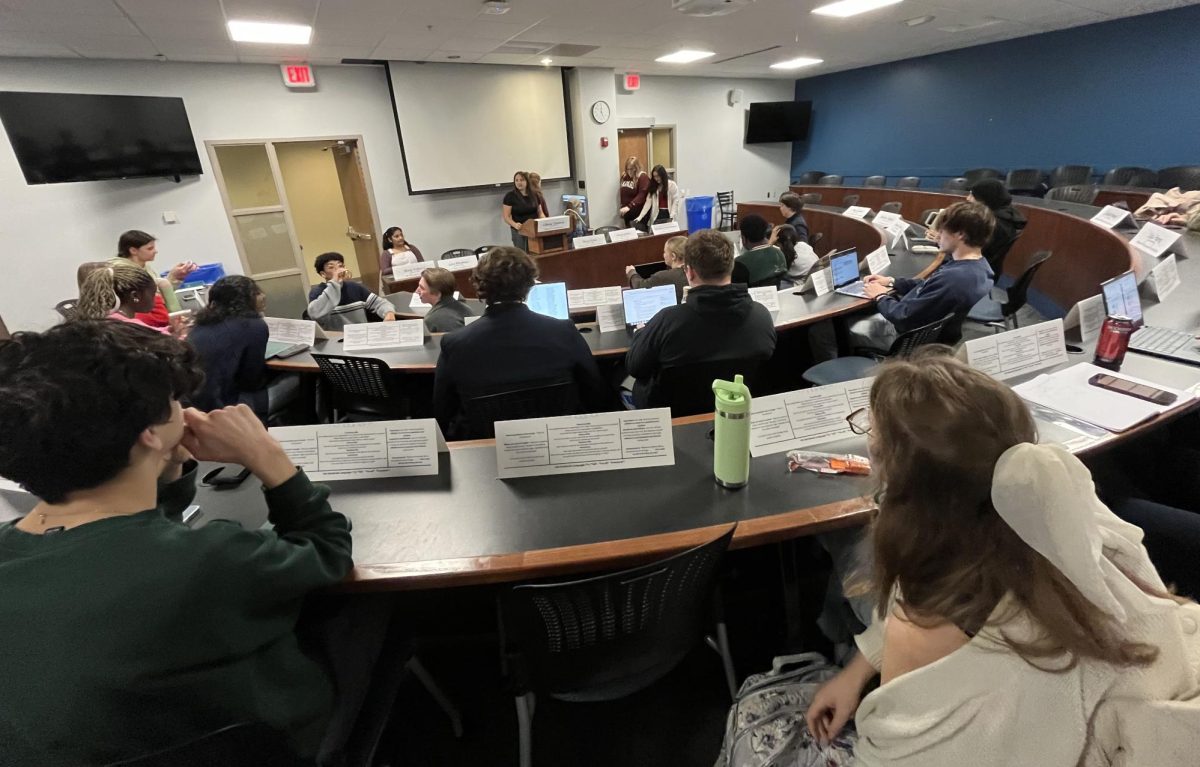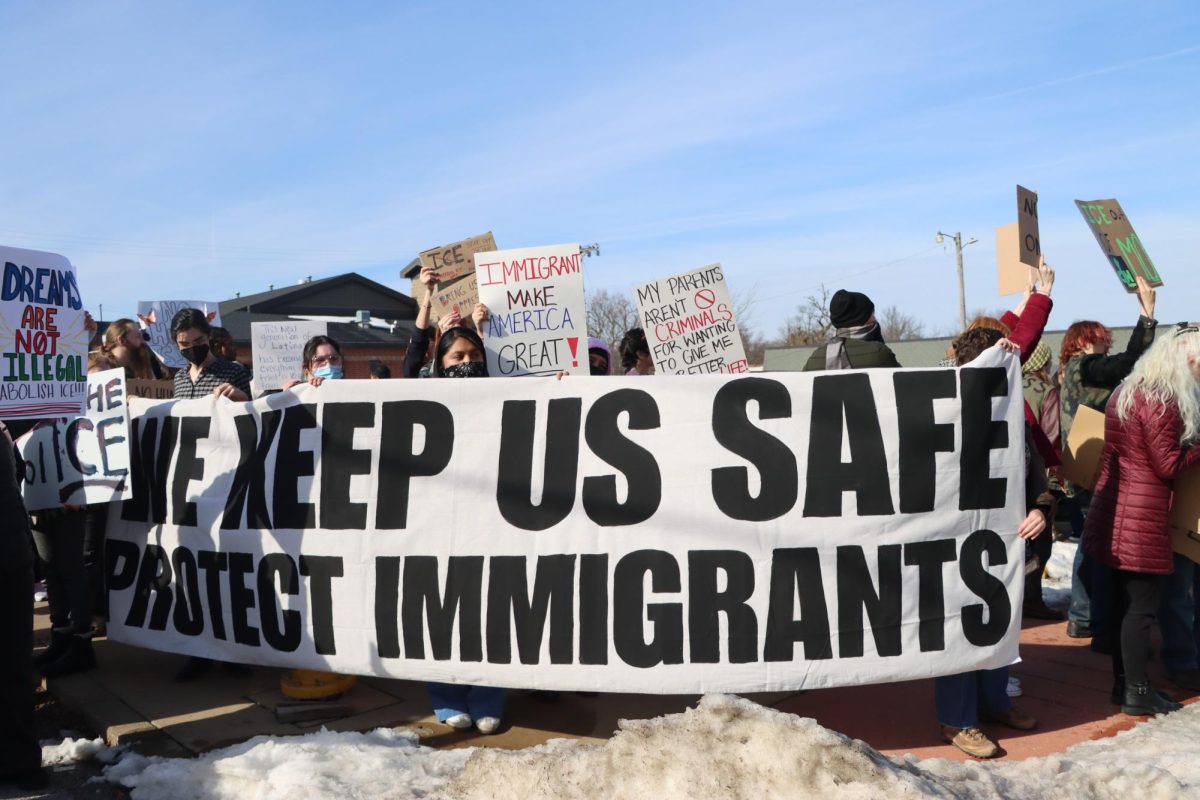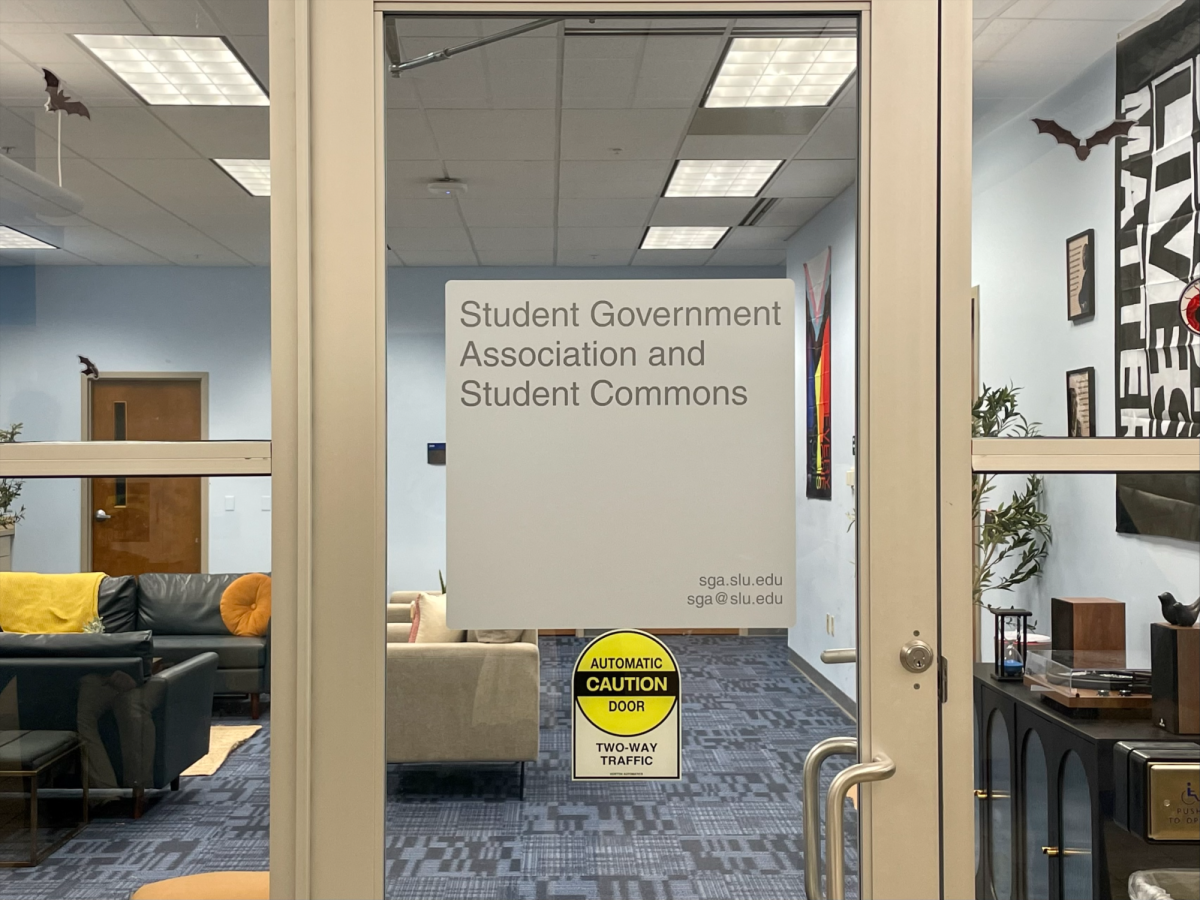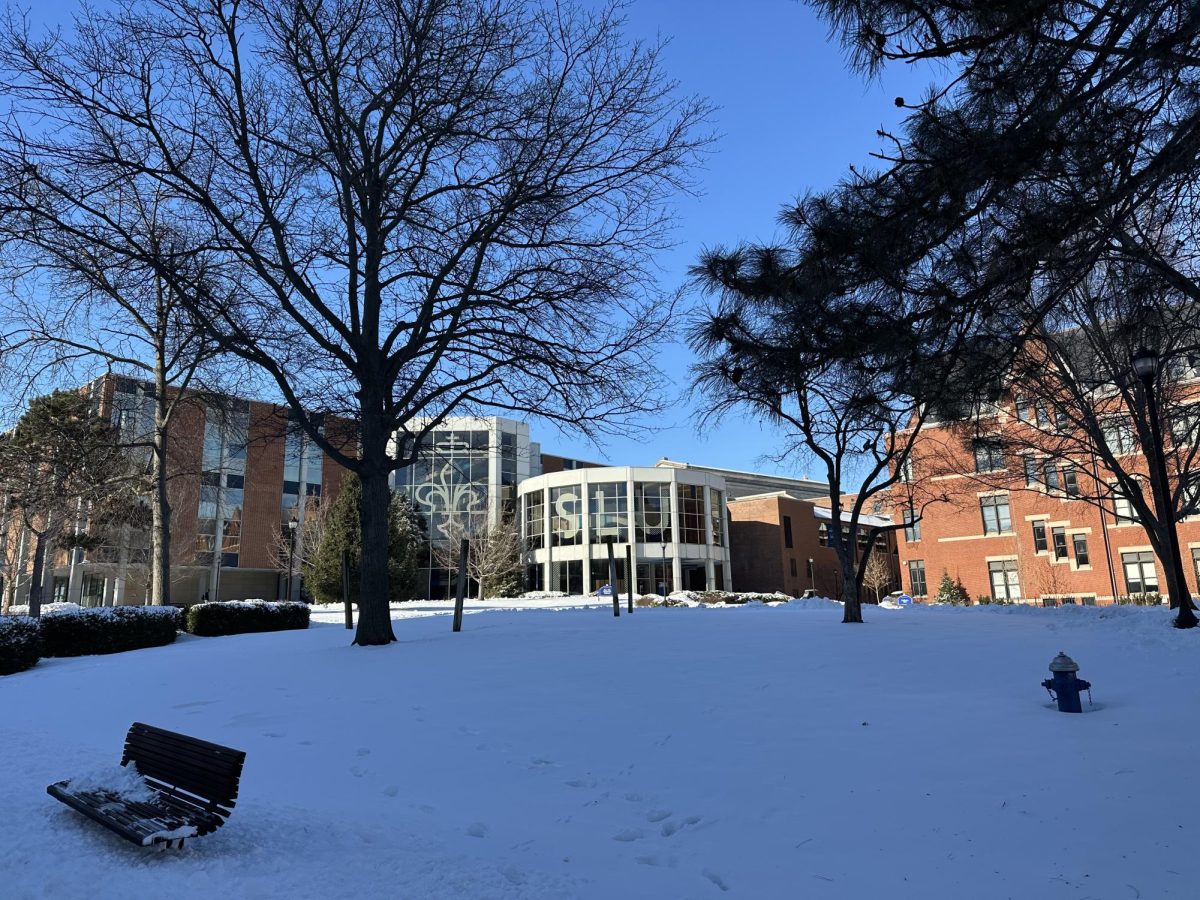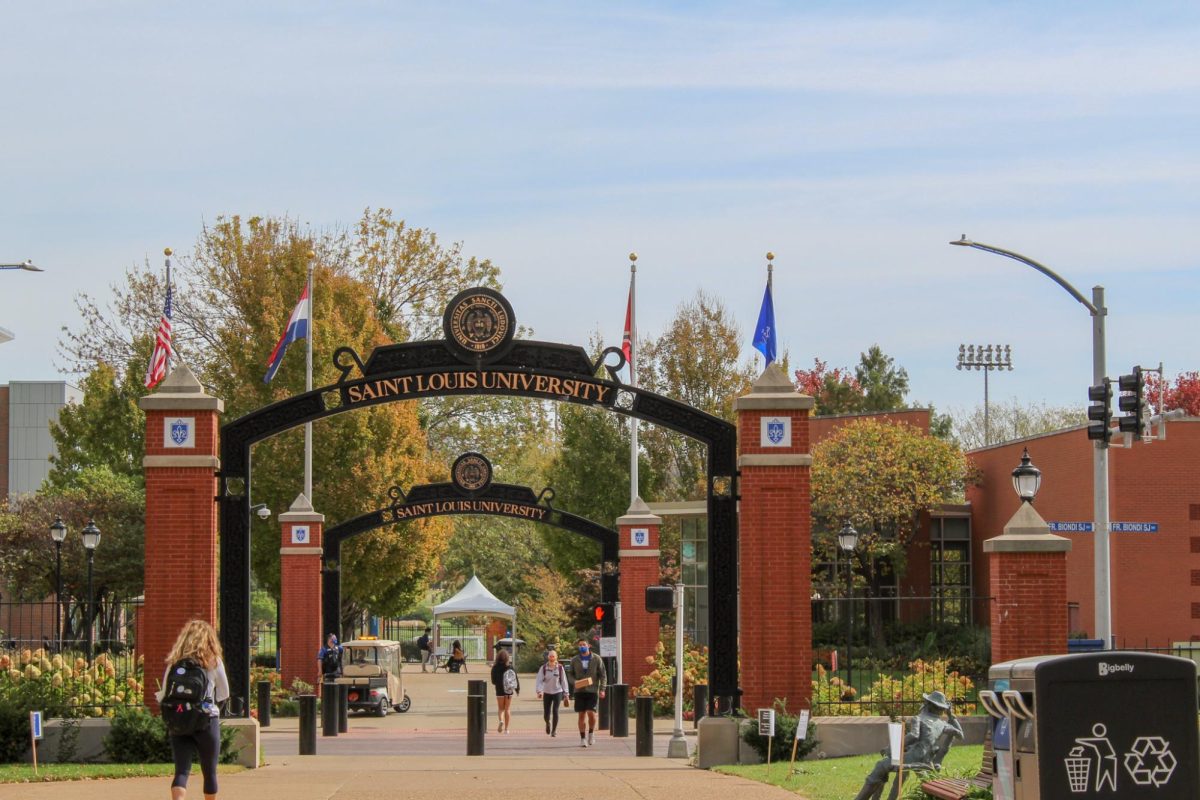Saint Louis University’s Center for Vaccine Development is testing a new H1N1 flu (formerly known as swine flu) vaccine as a part of a national clinical trial sponsored by the National Institute of Health. About 200 adults from the St. Louis area have been chosen to participate in the clinical trials to test the safety and effectiveness of the vaccine.
Experts are predicting that the virus will spread into an epidemic during the fall months.
“The novel H1 virus has continued to spread worldwide; this is very unusual for influenza,” said Robert Belshe, director of the Center for Vaccine Development at SLU School of Medicine and co-investigator for several of the national research studies. “It means we will likely have a big epidemic this fall and probably early, a few weeks after schools gets started in September.”
NIH chose SLU as one of eight elite institutions in the United States to conduct these trials.
According to the Center for Disease Control and Prevention, the number of deaths caused by H1N1 was highest among people between the ages of 25 to 49. According to a CDC model, it is estimated that one million people in the U.S. became ill with H1N1 between April and June 2009.
Since these numbers are anticipated to rise this fall and winter, the vaccine has been rushed into these clinical trials.
“The best way to deal with disease is to prevent it, if you have a vaccine to prevent it,” said Sharon Frey, professor of infectious diseases at SLU School of Medicine and lead investigator for one of the national research studies.
The government is pushing to have close to 160 million doses of the vaccine available this fall, after approval from the Food and Drug Administration.
In April, the government declared the H1N1 influenza a public health emergency. The World Health Organization has also classified the influenza as a pandemic, due to the widespread nature of the outbreak.
The first person injected with the vaccine, a St. Louis resident, received two shots in his arm on Aug. 10. Many more have been vaccinated since. The participants will receive five shots over a 9-week period, including doses of the H1N1 vaccine and the seasonal flu vaccine.
“In the clinical trials, we are looking for what doses are appropriate and how to combine two doses of H1N1 with one dose of the regular flu vaccine,” Frey said.
Two or three weeks after receiving the vaccine, the body will mount an immune response, creating antibodies to fight the flu.
Participants will then receive another dose 21 days after their first. These volunteers are also asked to keep a diary to track how they feel throughout the trial. It is predicted that those who are exposed to the H1N1 virus and are vaccinated may not get sick or may have a much milder case compared to those without the vaccination.
The next round of clinical trials will test the vaccine in children ages 6-18 and in pregnant women in their second or third trimesters.
Similar trials are also being held at other Vaccine and Treatment Evaluation Unites, including Baylor College of Medicine, Emory University, Duke University Medical Center and Vanderbilt University.



